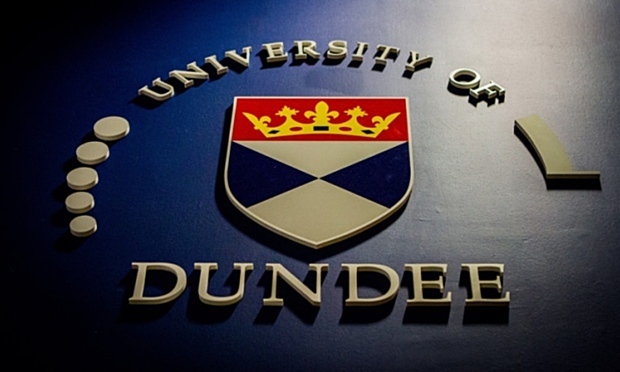Half of all medical and healthcare students have been asked to carry out procedures without the consent of patients over the past year, according to new Dundee University research.
A survey of almost 4000 medical and healthcare students from across the United Kingdom has found that more than half of those questioned indicated that they had witnessed clinicians breaching patient dignity or safety during the past year.
Similar numbers also reported witnessing the abuse of workplace colleagues – with over 75% reporting being victims of abuse themselves.
Those who said they were asked to carry out examinations or procedures without consent said they had been asked to do so as part of a “learning experience”.
The survey, carried out by researchers from the University of Dundee and Cardiff University, also found that medical and healthcare students experience distress during and after these events, with women reporting greater distress than men.
Although medical students reported less distress the more times they experience certain events, essential for learning, generally both medical and other healthcare students reported becoming more distressed with great exposure to them.
The results of the survey have been published online at BMJ Open.
Professor Charlotte Rees, professor of education research and director of the Centre for Medical Education at the University of Dundee, said, “This is the latest piece of research from a 10-year programme examining medical, nursing, dental, pharmacy and physiotherapy students’ experiences of ethical and professionalism lapses.
“The findings have been consistent and illustrate the severe pressure students are frequently put under. More positively, the findings have prompted action by some education providers.”
In the latest survey, the researchers issued two questionnaires to understand the impact of professionalism dilemmas as experienced by UK healthcare students and the moral distress this placed upon them.
A total of 3796 students from across England, Northern Ireland, Scotland and Wales responded across both questionnaires.
Although around 10% of respondents reported experiencing no issues over the previous year, the remainder reported witnessing or participating in breaches of patient dignity or safety and the majority reported being victims of workplace abuse or witnessing the abuse of other healthcare workers.
Over half of medical student respondents reported undertaking an examination or procedure on a patient without valid consent following the request of a clinical teacher for the sake of their learning, while well over 25% reported instigating this themselves.
“The findings around workplace abuse concur with previous research suggesting that student abuse and witnessing the abuse of others occurs as soon as students enter the clinical environment,” said Professor Rees.
The researchers said their data also shows that, contrary to a widely held belief that medical and healthcare students suffer an erosion of empathy, these students actually maintain empathy throughout their undergraduate years.
The full paper can be read here.
